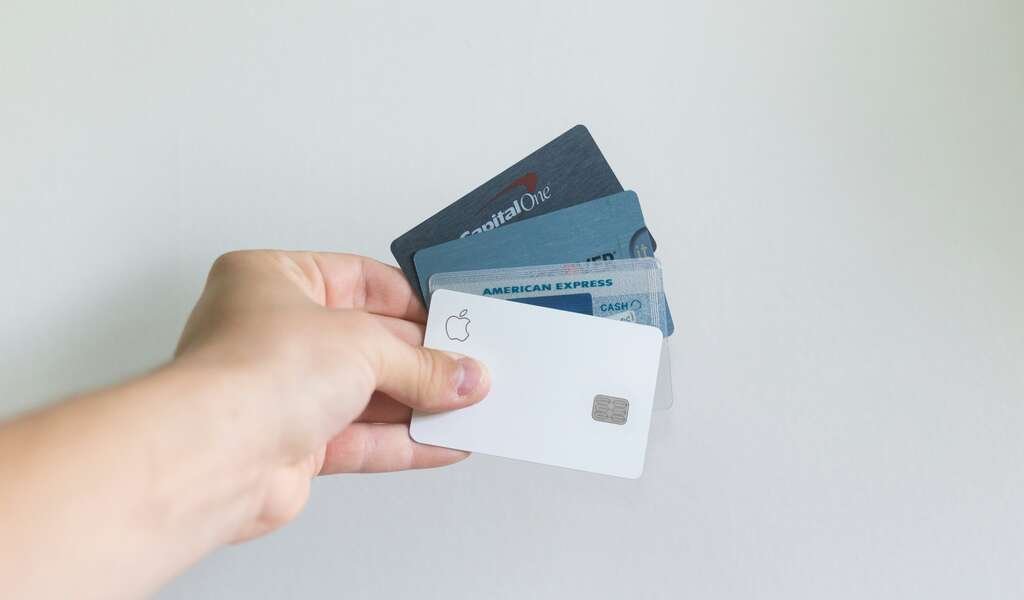Table of Contents
Introduction
Credit cards can be powerful financial tools when used responsibly, offering convenience, rewards, and the opportunity to build credit. However, they can also lead to debt if not managed carefully. In this guide, we’ll demystify credit cards how to use them wisely, and offer strategies to avoid debt pitfalls.
Understanding Credit Cards
A credit card is a payment card issued by a financial institution that allows you to borrow funds up to a certain limit to make purchases. Unlike debit cards, which draw funds directly from your bank account, credit cards give you a short-term loan that you’re required to repay, usually with interest, if not paid in full by the due date.
How to Use Credit Cards Wisely
1. Pay Your Balance in Full Each Month:
Paying your credit card balance in full by the due date avoids interest charges and helps build a positive credit history.
Let’s take an example, If you have a credit card with a $1,000 balance, strive to pay the full $1,000 each month to avoid interest fees and maintain a healthy credit score.
2. Monitor Your Spending:
Keep track of your credit card spending to avoid overspending and exceeding your budget. Use budgeting apps like Mint or online tools to monitor your credit card transactions and stay within your planned spending limits.
3. Avoid Cash Advances:
Cash advances on credit cards often come with high fees and interest rates. Use your card for purchases instead of cash advances whenever possible.
If you need cash, consider using a debit card or withdrawing funds from your bank account to avoid cash advance fees and interest charges.
4. Understand Your Card’s Terms and Fees:
Familiarise yourself with your credit card’s terms, including interest rates, fees for late payments or cash advances, and any rewards or benefits.
Review your credit card statement and terms regularly to stay informed about potential fees or changes in interest rates.
5. Utilize Rewards Responsibly:
Many credit cards offer rewards, such as cash back, travel points, or discounts. Use these rewards wisely and avoid overspending to chase rewards.
If your credit card offers cash back on grocery purchases, use it for your regular grocery shopping but avoid unnecessary spending to earn rewards.
6. Pay More Than the Minimum Payment:
If you carry a balance on your credit card, paying more than the minimum payment can help reduce interest charges and pay off your balance faster.
For example, If your credit card statement shows a minimum payment of $25, consider paying $50 or more to accelerate debt repayment and save on interest.

Avoiding Credit Card Debt
1. Set a Budget and Stick to It:
Create a monthly budget that includes all your expenses, including credit card payments, and stick to it to avoid overspending. Allocate a specific amount for discretionary spending on your credit card each month and refrain from exceeding that limit.
2. Use Credit Cards for Planned Expenses Only:
Reserve your credit card for planned purchases or emergencies rather than impulse buys or non-essential items.
Use your credit card to pay for monthly bills, groceries, and planned purchases but avoid using it for unnecessary splurges.
3. Monitor Your Credit Utilisation Ratio:
Your credit utilisation ratio is the amount of credit you’re using compared to your credit limit. Aim to keep this ratio below 30% to avoid negatively impacting your credit score.
For example, If your credit card has a $5,000 limit, try to keep your balance below $1,500 (30% of the limit) to maintain a healthy credit utilisation ratio.
4. Have an Emergency Fund:
Build an emergency fund to cover unexpected expenses instead of relying solely on credit cards.
Save a portion of your income each month in a separate savings account to build an emergency fund equivalent to three to six months’ worth of living expenses.
Conclusion
Credit cards can be valuable financial tools when used wisely, offering benefits such as convenience, rewards, and credit-building opportunities. By paying your balance in full each month, monitoring your spending, understanding your card’s terms, and avoiding debt pitfalls, you can harness the benefits of credit cards while avoiding unnecessary debt and financial stress. Remember, responsible credit card usage is key to financial health and stability.
